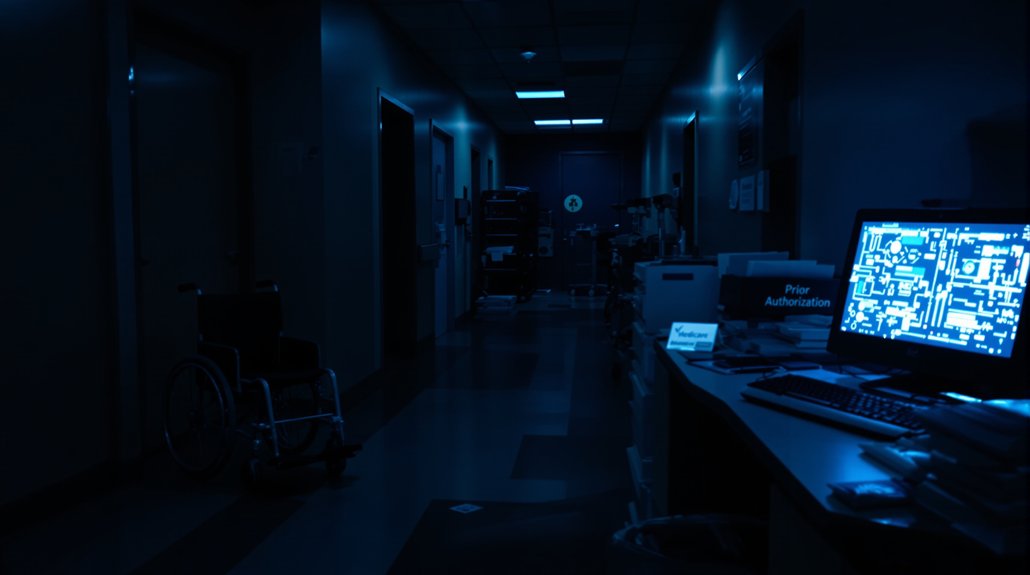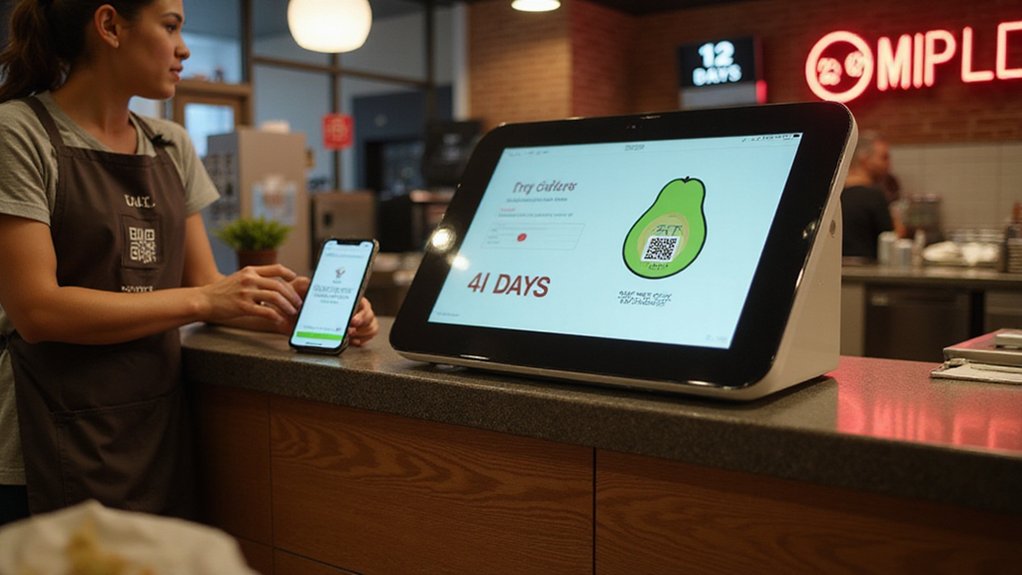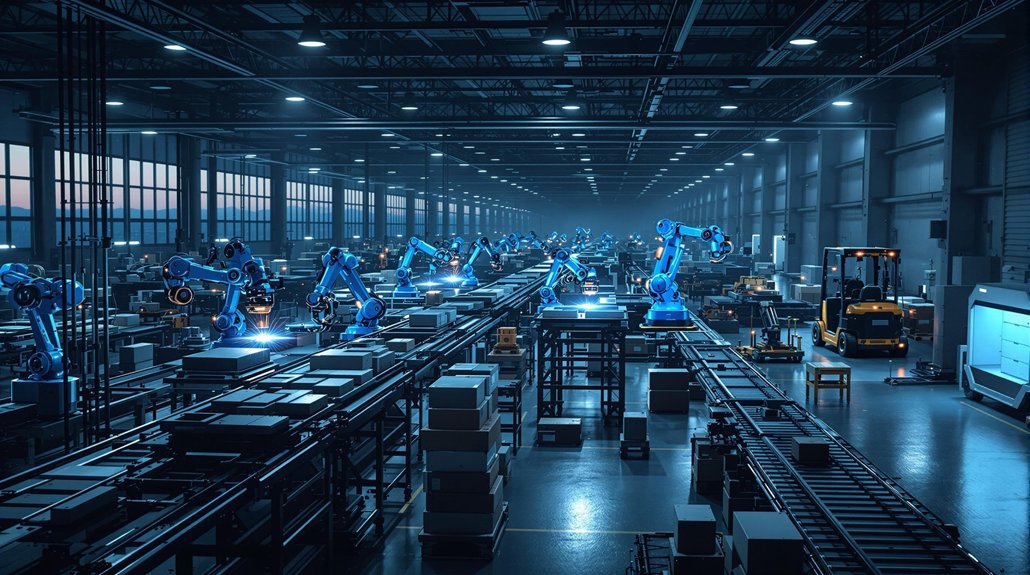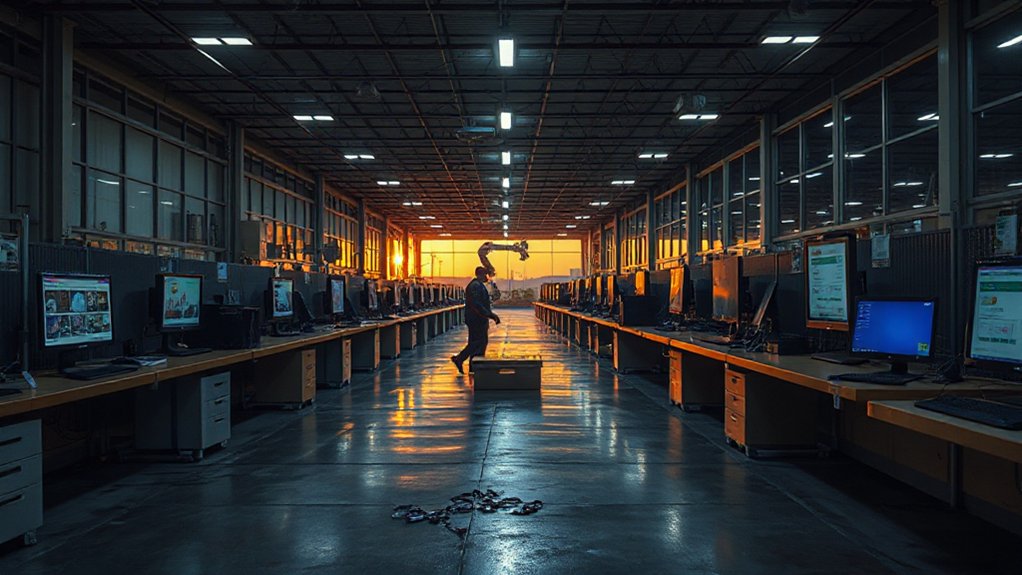While companies rush to adopt artificial intelligence, most workers aren’t getting the training they need to keep up. This growing gap between technology and workforce readiness is creating a crisis that affects millions of employees across the country.
The numbers paint a troubling picture. Nearly 60% of workers will need new skills by 2030 to adapt to AI changes. Yet only about 7% of professionals report receiving extensive AI training. More than one in ten haven’t received any training at all.
Meanwhile, 39% of major job skills in the U.S. are expected to change within the next five years. The mismatch is already causing problems. Large companies are seeing a 95% failure rate in their AI pilot programs. The main reason isn’t the technology itself—it’s that workers aren’t prepared to use it.
Companies are seeing a 95% failure rate in AI pilots because workers lack proper training.
Over half of professionals who do get training say it feels overwhelming, like having a second job. This disconnect between corporate excitement about AI and actual results is making investors skeptical. Already, 30% of companies have replaced workers with AI tools rather than investing in retraining them.
Job changes are happening fast. About 47% of U.S. workers could see their roles threatened by AI over the next decade. Fourteen percent may need to switch careers entirely. Entry-level workers face the biggest risk since they’re getting the least training while their jobs are most likely to be automated.
Companies have already cut back on hiring for entry-level positions that AI can handle. The skills employers want are changing too. Eight of the top ten most demanded skills aren’t technical—they’re human skills like communication, leadership, and critical thinking. In fact, design skills have now overtaken technical expertise as the most in-demand skill in AI-specific job listings.
At the same time, AI fluency has become essential across all types of jobs, from engineering to marketing. AI Engineer roles grew by 143% in 2025, while Prompt Engineer positions increased by 136%.
Stanford researchers say employers must urgently address this readiness gap. Seventy-five percent of U.S. employers say they’re prioritizing lifelong learning and upskilling.
But without thorough training programs and clear guidance, workers will continue falling behind. The paradox is clear: AI isn’t eliminating jobs as much as it’s exposing how unprepared the workforce is for the changes ahead. Despite this urgent need for adaptation, a staggering 92% of executives plan to increase AI spending in the next three years.









